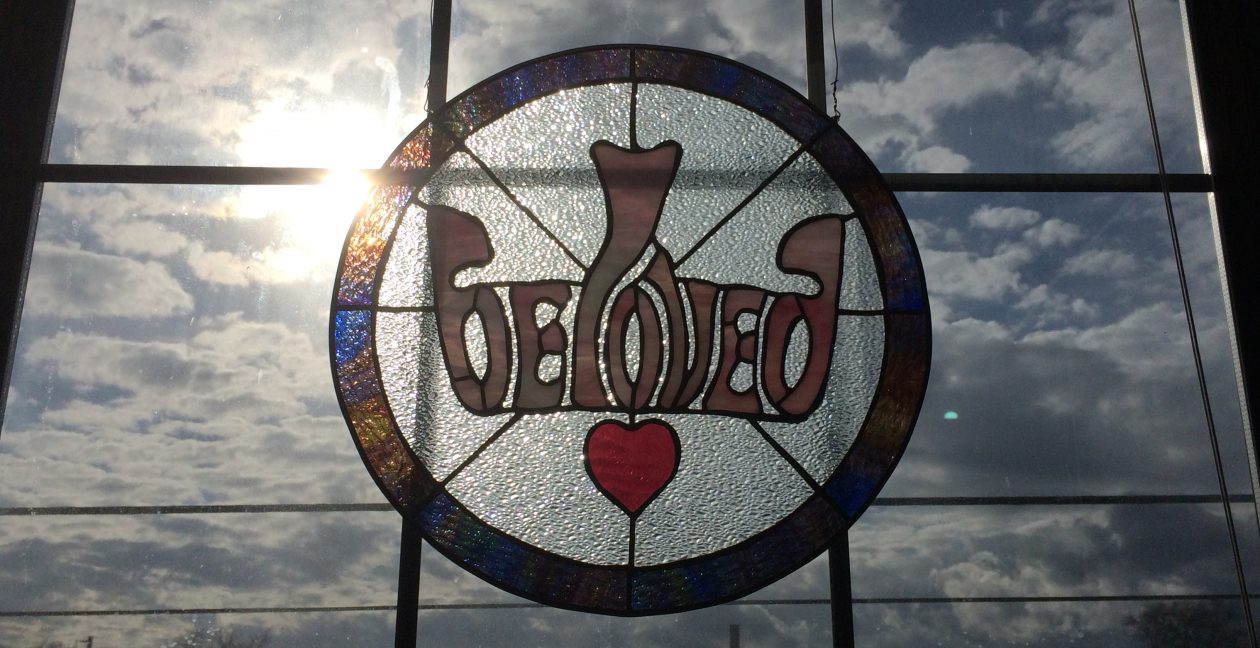The days are surely coming, says the Lord, when I will make a new covenant with the house of Israel and the house of Judah . . . I will put my law within them, and I will write it on their hearts; and I will be their God, and they shall be my people. No longer shall they teach one another, or say to each other, “Know the Lord,” for they shall all know me, from the least of them to the greatest, says the Lord; for I will forgive their iniquity, and remember their sin no more. (Jeremiah 33:31-34)
God will not only forgive the sins of the people, but remember them no more.
Why would God choose not only to forgive, but also to forget? Not because the people of God had become a faithful people. Not because they had repented. Not even because they had sought forgiveness. In fact, the people of God continued to turn their backs on God, going about their stubborn and self-destruction ways without looking back.
So why would we be offered a clean slate? Why would God forgive, and forget? Because of God’s unshakeable desire to be reconciled, to be reunited, to remove anything that stands in the way of right relationship.
This sounds sweet and lovely, but it is not to be taken lightly.
It is an Overwhelming, an Overtaking, an Overcoming.
It is not our overcoming our own shortcomings or our own sins, try as we might. It is God overcoming us and laying claim to our very being. It is like God taking over our bodies and branding them with love. We will be like sailors far from home, love-lorn (and alcohol-inspired) who get a giant tattoo stamped on huge muscled arms, a big heart with a girl’s name laced through the heart with an arrow. We will be like schoolchildren on field trips, with our parents’ names on signs strung around our necks, or notes clipped to our shirts, so that when we wander too far off, someone see where we belong and know who to call before we get lost.
This is not a one-by-one kind-of-thing, not the kind of thing where you wait in a single-file. True, it is about the transformation of individual hearts, but it’s also about the transformation of the people, the nations. “I will be their God, & they will be my people.”
We need the heart of the nation changed, not just the hearts of individuals. We can change the hearts of the George Zimmermans all we want, but until we change the heart of the nation, there will still be more Trayvon Martins. “The days are coming,” says the Lord. Clearly they aren’t here yet, or else we wouldn’t be consumed by what happened when a young black man named Trayvon Martin crossed the path of a man like George Zimmerman.
The vision of Jeremiah is that God will break open the heart of God’s people, the entire people, the nations, and inscribe on their hearts a love for their neighbor, love for their enemy and love for their God so profound that we will all be able not only to forgive, but also to forget.
The days are surely coming, says the Lord. They are not here yet, but they are surely coming. That is a promise, it’s a promise that can be trusted.
Amen.
-Rev. Angie
